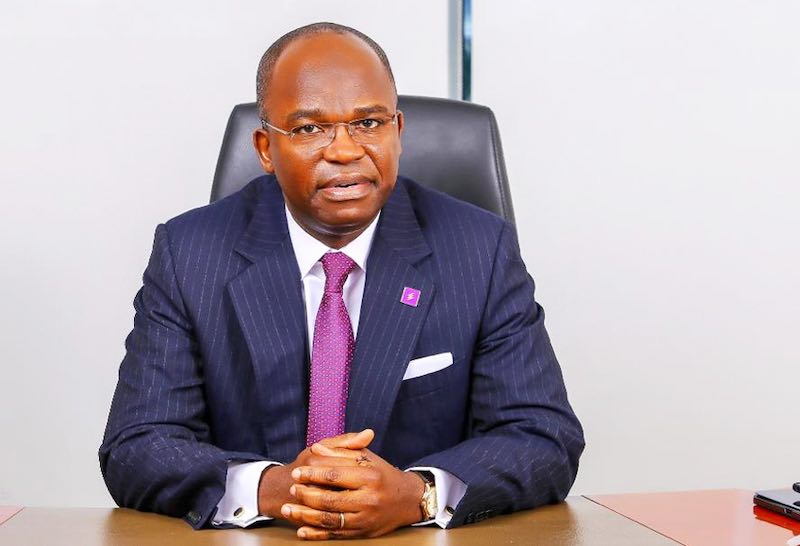By Bilesanmi Abayomi
The Chairman, Senate Committee on Banking, Finance, and Other Financial Institutions, Senator Adetokunbo Abiru, has described the controversial Tax Reform Bill before the National Assembly as a “pro-masses and pro-growth initiative” aimed at providing relief to low-income earners and fostering economic growth.
Speaking at his Ikorodu constituency office on Monday during the distribution of 10,000 food packs to residents of Lagos-East Senatorial District, Abiru emphasized the bill’s potential to strengthen the economy and create a conducive environment for businesses to thrive.
“The bill is sensitive to people’s earnings, especially those in the low-income bracket,” Abiru explained. “It exempts individuals earning up to ₦1 million annually, with provisions for additional rent or accommodation support. Key sectors like education, agriculture, transportation, and health are also tax-exempt under this reform.”
The Tax Reform Bill has faced strong opposition from the 19 Northern state governors, who recently voiced their discontent with its proposed shift to a derivation-based model for Value Added Tax (VAT) distribution. The governors argue that the approach, which allocates VAT revenue based on the location of consumption rather than company headquarters, would disadvantage less industrialized northern states.
Despite these concerns, Abiru called for Nigerians to study the bill thoroughly, asserting that its long-term benefits outweigh initial challenges. “This reform addresses past economic missteps and sets Nigeria on a path to shared prosperity,” he said.
The senator also highlighted provisions for small and medium enterprises (SMEs), which employ about 60-65% of the country’s workforce. Businesses with a turnover of ₦50 million or below would be exempt from tax, a move designed to spur growth and enhance competitiveness across the country.
“This is a pro-people government with initiatives that empower both individuals and businesses,” Abiru stated. He urged his constituents and Nigerians at large to support the bill and align with the president’s economic vision.
The Tax Reform Bill, according to Abiru, is a pivotal step toward resetting Nigeria’s economy and fostering sustainable growth. “It is a lifetime opportunity that we must all take advantage of,” he concluded.
Analysis and Outlook
As the National Assembly debates the Tax Reform Bill, the divergent opinions of stakeholders underline the complexity of achieving equitable fiscal policies in a diverse nation. While its proponents champion the bill as a tool for economic revitalization, its critics fear it could deepen regional disparities. The coming weeks will determine whether the bill garners the broad support needed to enact these reforms.


